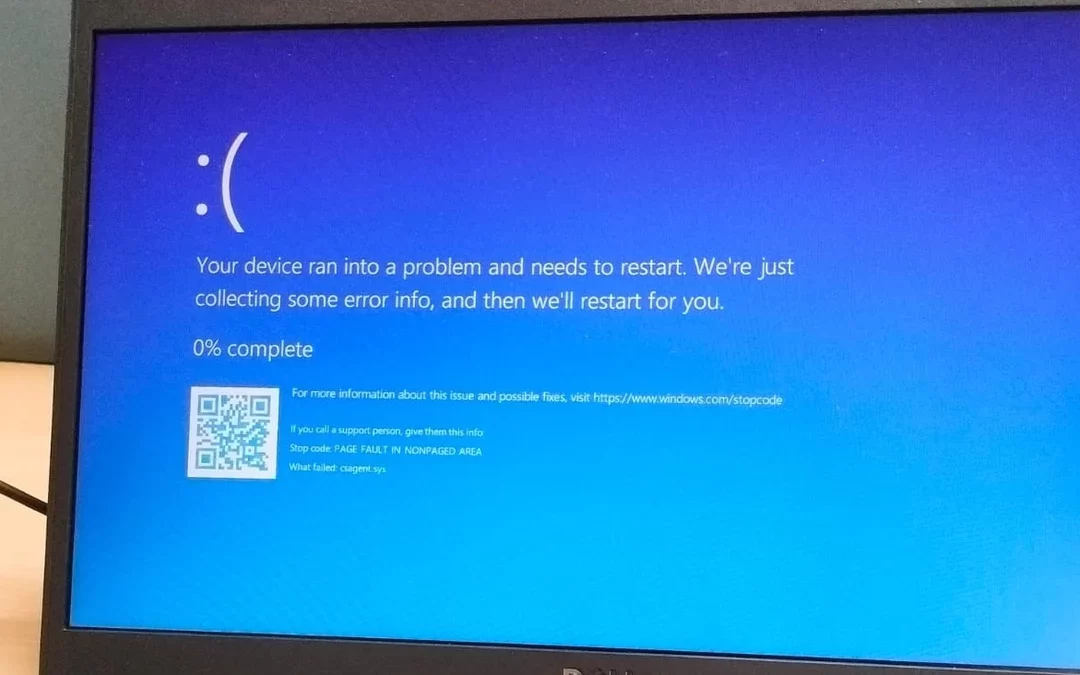Over Thursday and Friday, a massive IT outage disrupted businesses globally, affecting everything from airlines to healthcare, financial markets, and government agencies using Microsoft computers.
Flights were delayed or cancelled, banks couldn’t issue money, and some retailers had to accept only cash. The outage impacted broadcasters, banks, airports, and transportation sectors, causing widespread disruption.
Hundreds of flights were cancelled, with airports in Australia, the US, the UK, and India experiencing chaos. Reports indicate that operations had yet to normalize in many places as the world grappled with the scale of the disruption. Initially feared to be a cyberattack, the outage was traced to a routine software update from US cybersecurity firm CrowdStrike. Their Falcon Sensor software, designed to protect systems from cyberattacks, had a defect in its latest update for Windows OS, triggering the issue.
Those logging into their systems encountered the Blue Screen of Death (BSOD) – a critical error message. Microsoft and CrowdStrike identified the issue and deployed a fix within hours, but affected systems required manual intervention to be restored. The vast number of impacted computers and limited IT staff made this a slow process.
The Paris Olympic Committee reported operational slowdowns but no impact on ticket sales. In the UK, general practitioners and pharmacies faced shutdowns. CrowdStrike CEO, George Kurtz apologized on X, acknowledging the gravity of the situation and promising to assist affected customers.
Sundareshwar K, a partner at PwC India, called this a “Black Swan event,” emphasizing that safeguarding against risk involves more than just technology. In India, the outage was felt across industries, with airlines issuing handwritten boarding passes. Indigo flyer Akshay Kothari shared a photo of his handwritten boarding pass for a Hyderabad-Kolkata flight on X.
Indian carriers like Indigo, Akasa Air, Air India Express, and SpiceJet experienced service glitches. Tata Starbucks faced some PoS system issues, while sellers on Amazon, Meesho, and Flipkart reported inventory management problems. PhonePe’s stock broking platform Share Market also faced issues but later restored services.
Ciaran Martin, former head of Britain’s National Cyber Security Centre and now an Oxford University professor, told the New York Times, ” This is a very uncomfortable illustration of the fragility of the world’s core internet infrastructure.”





